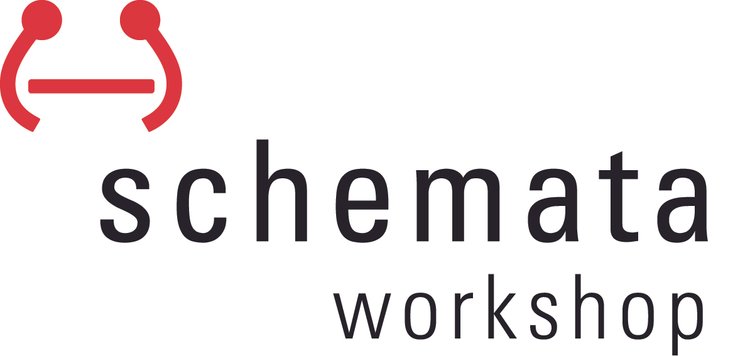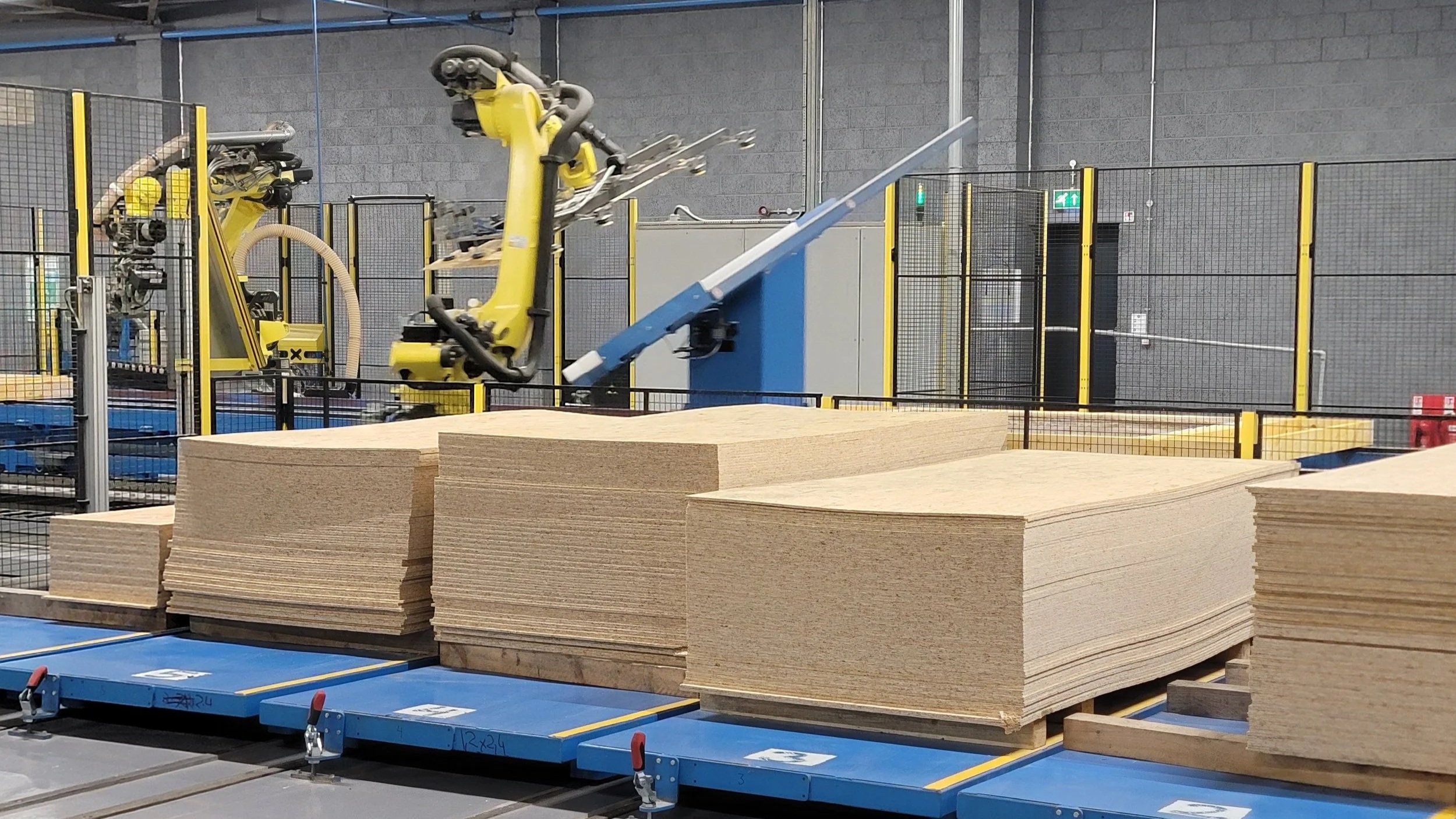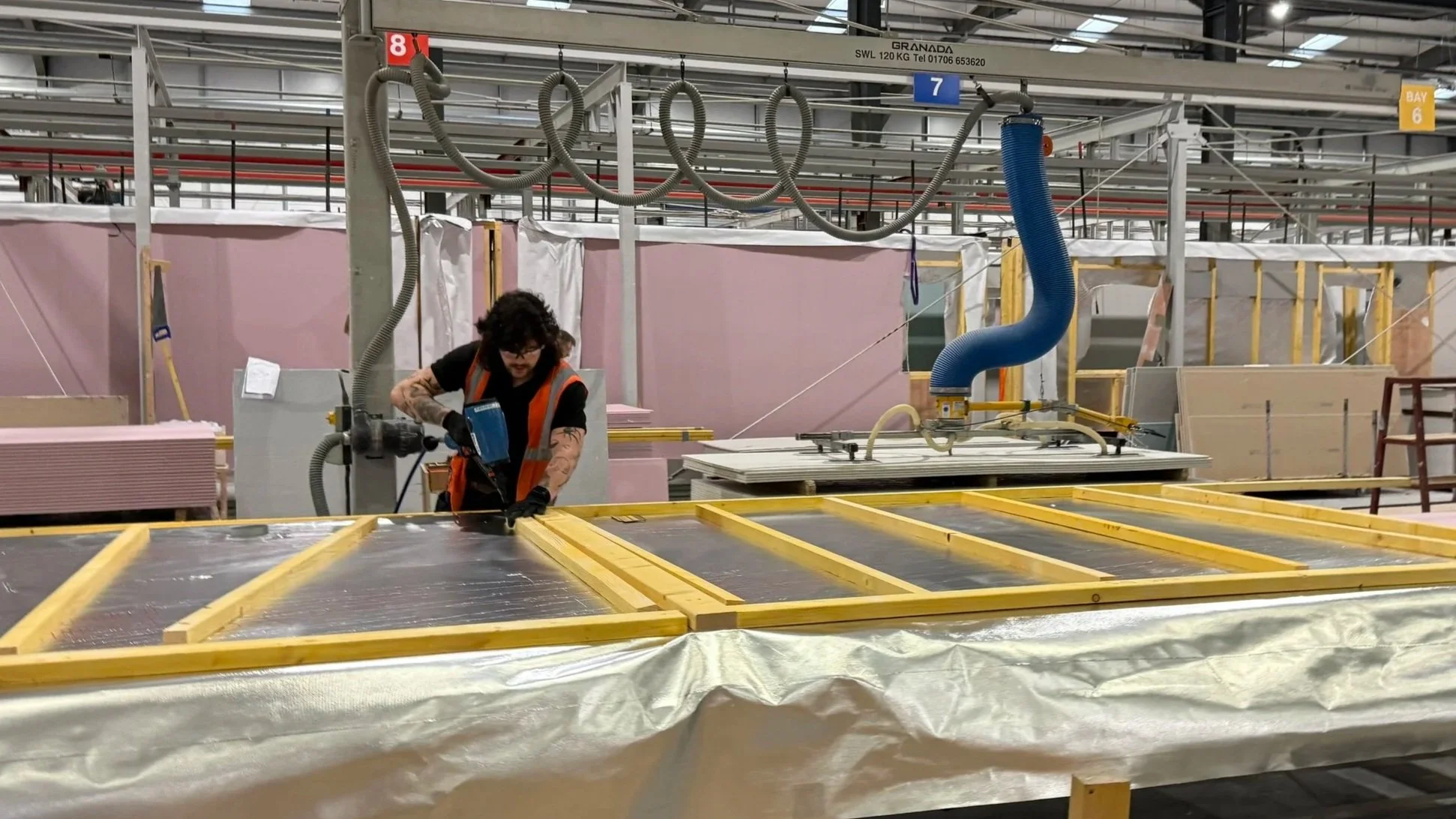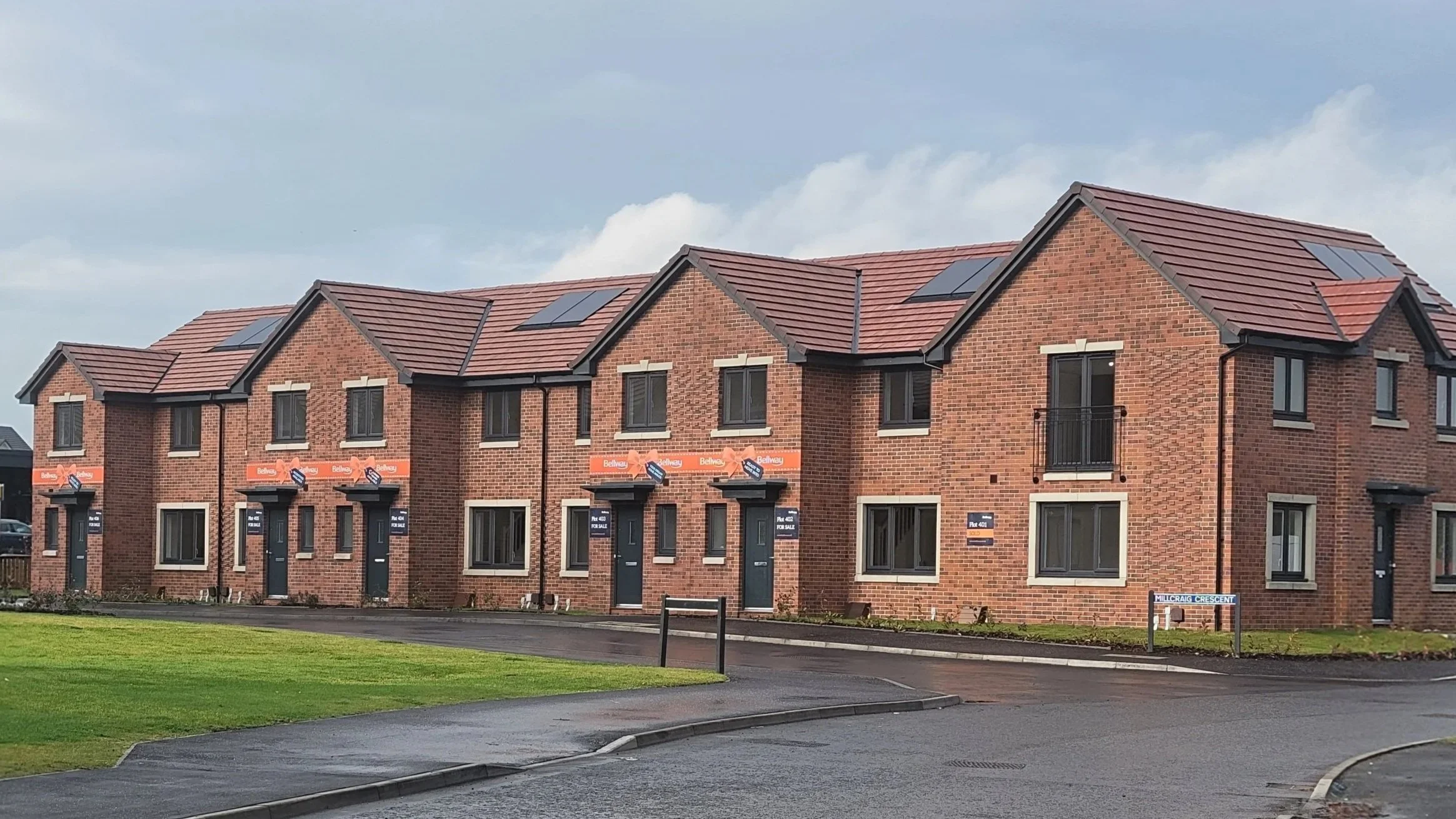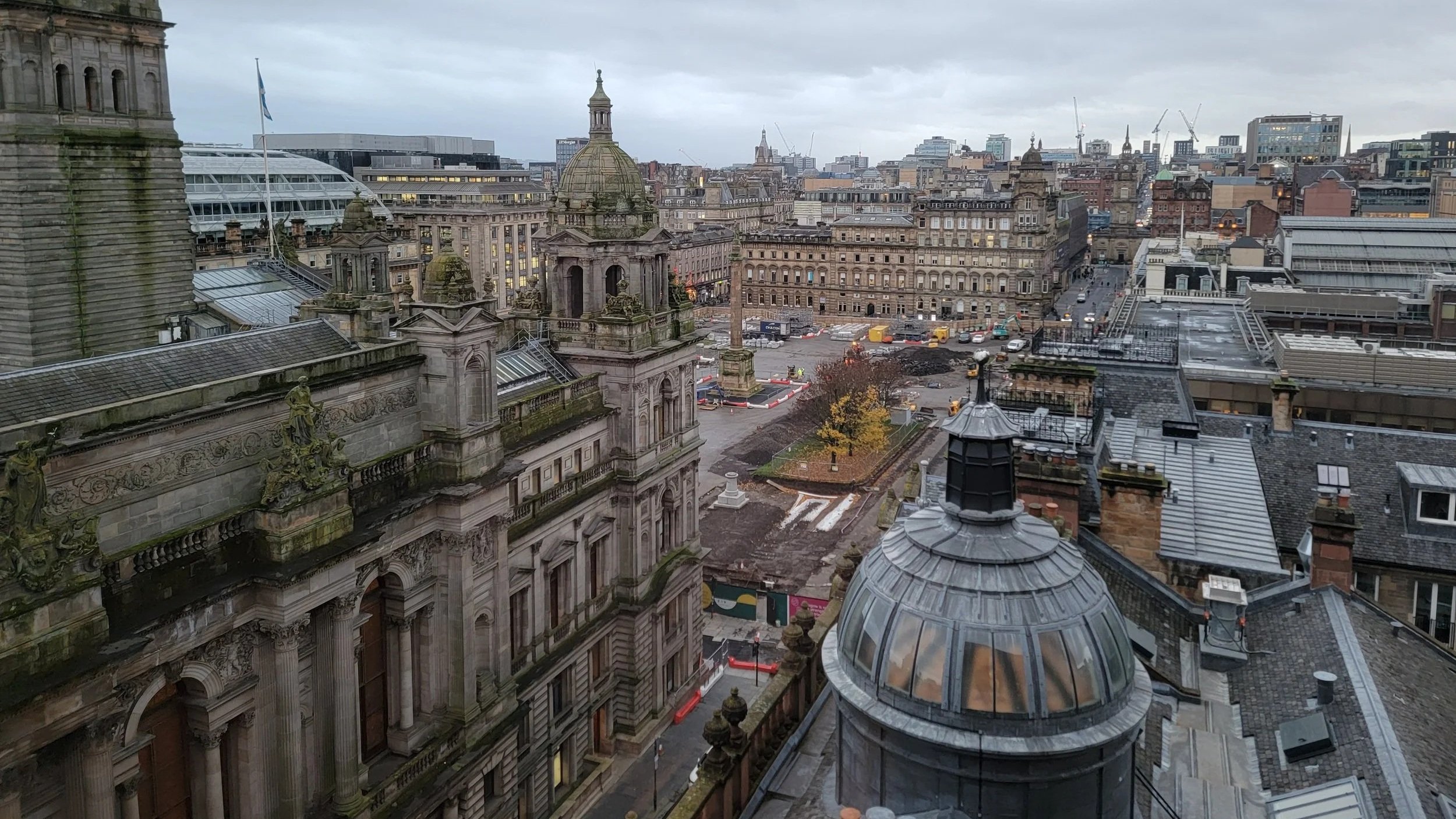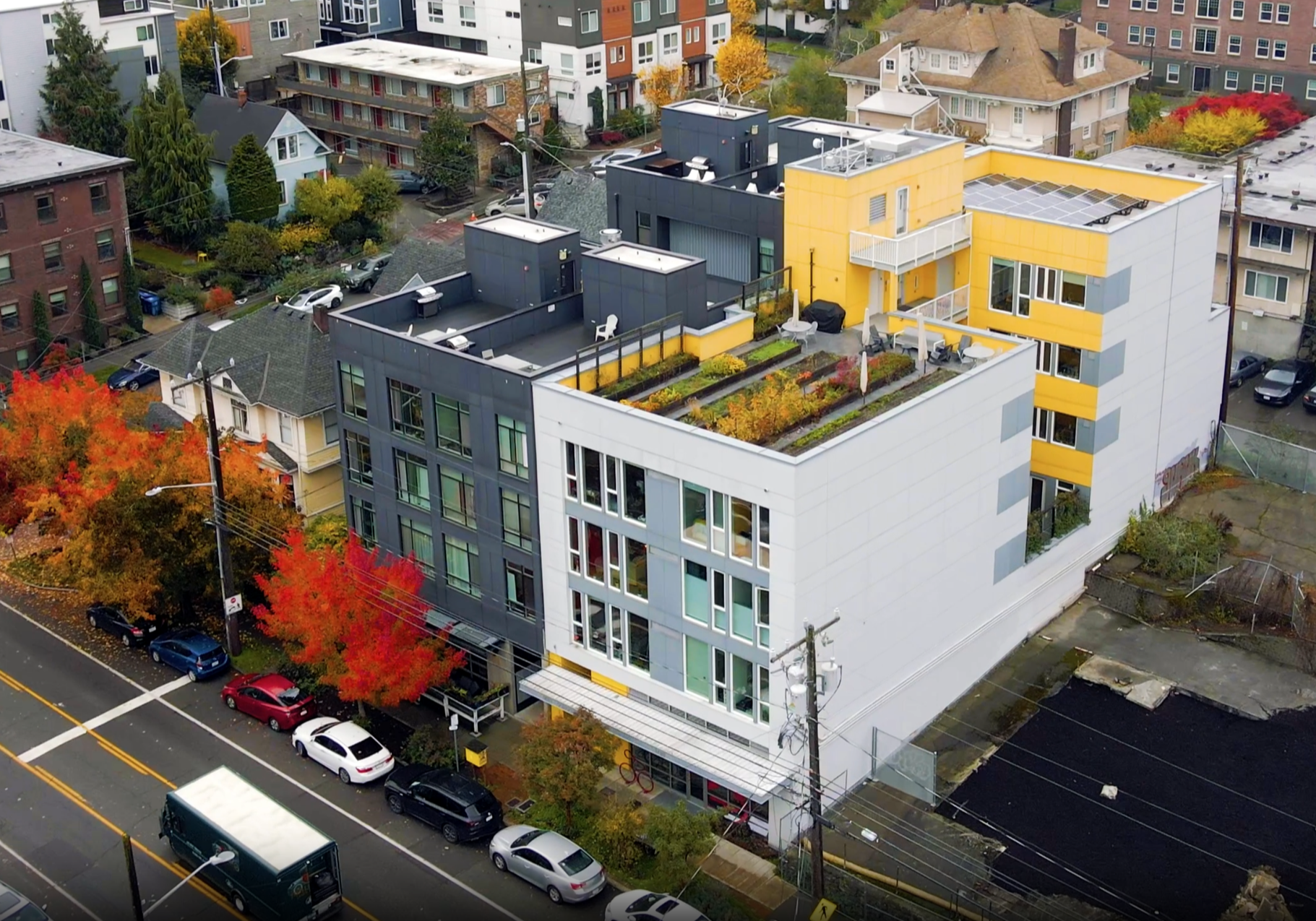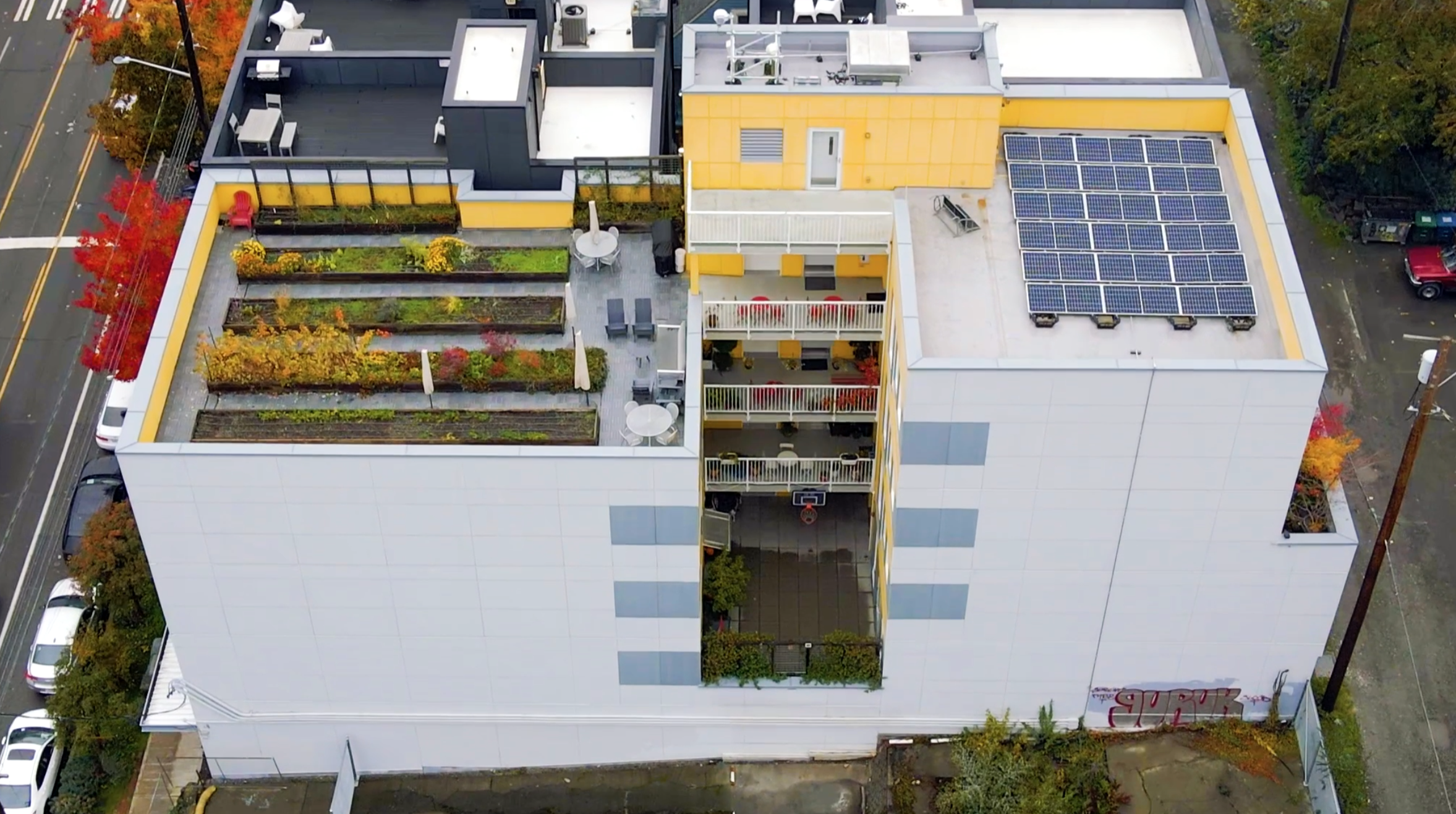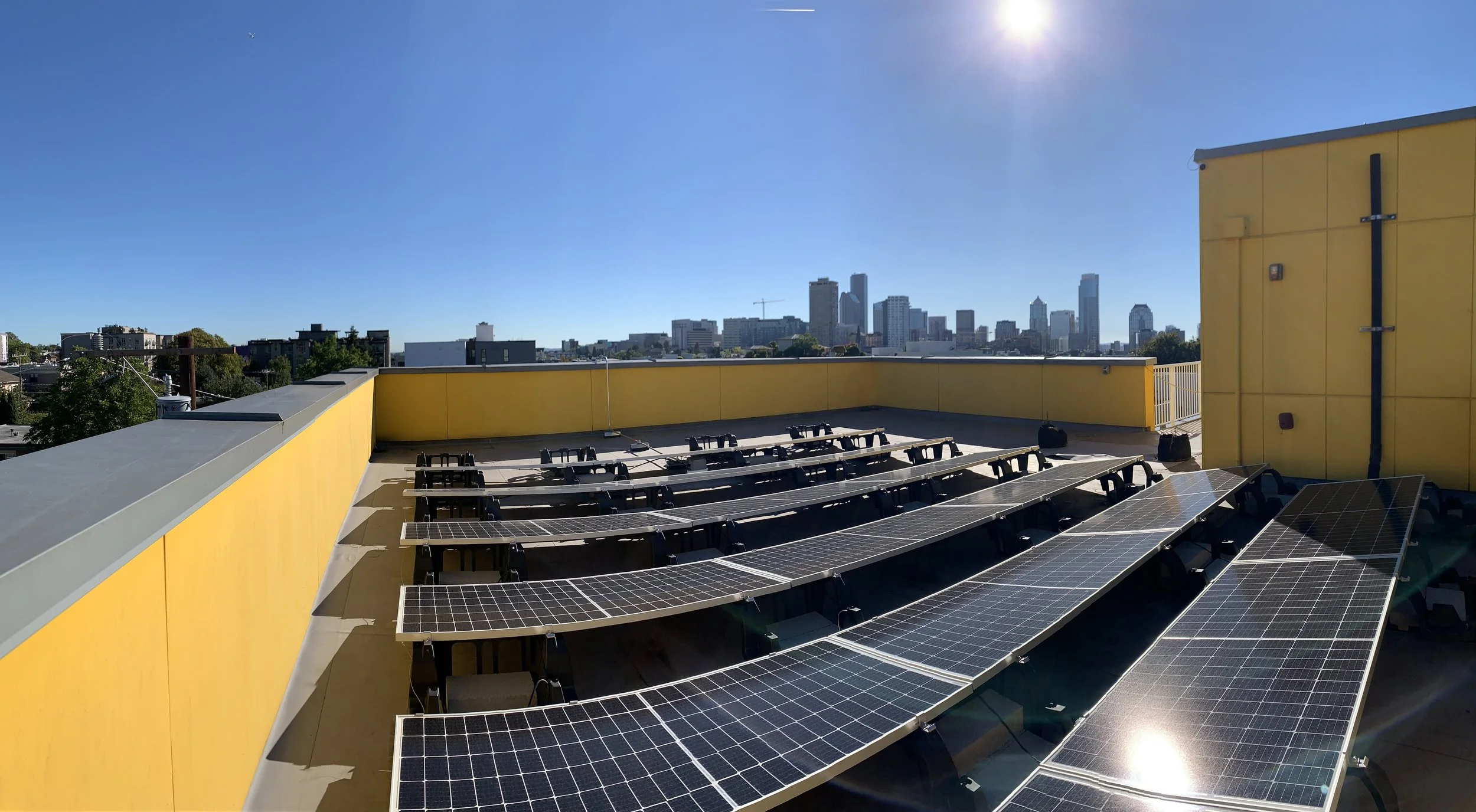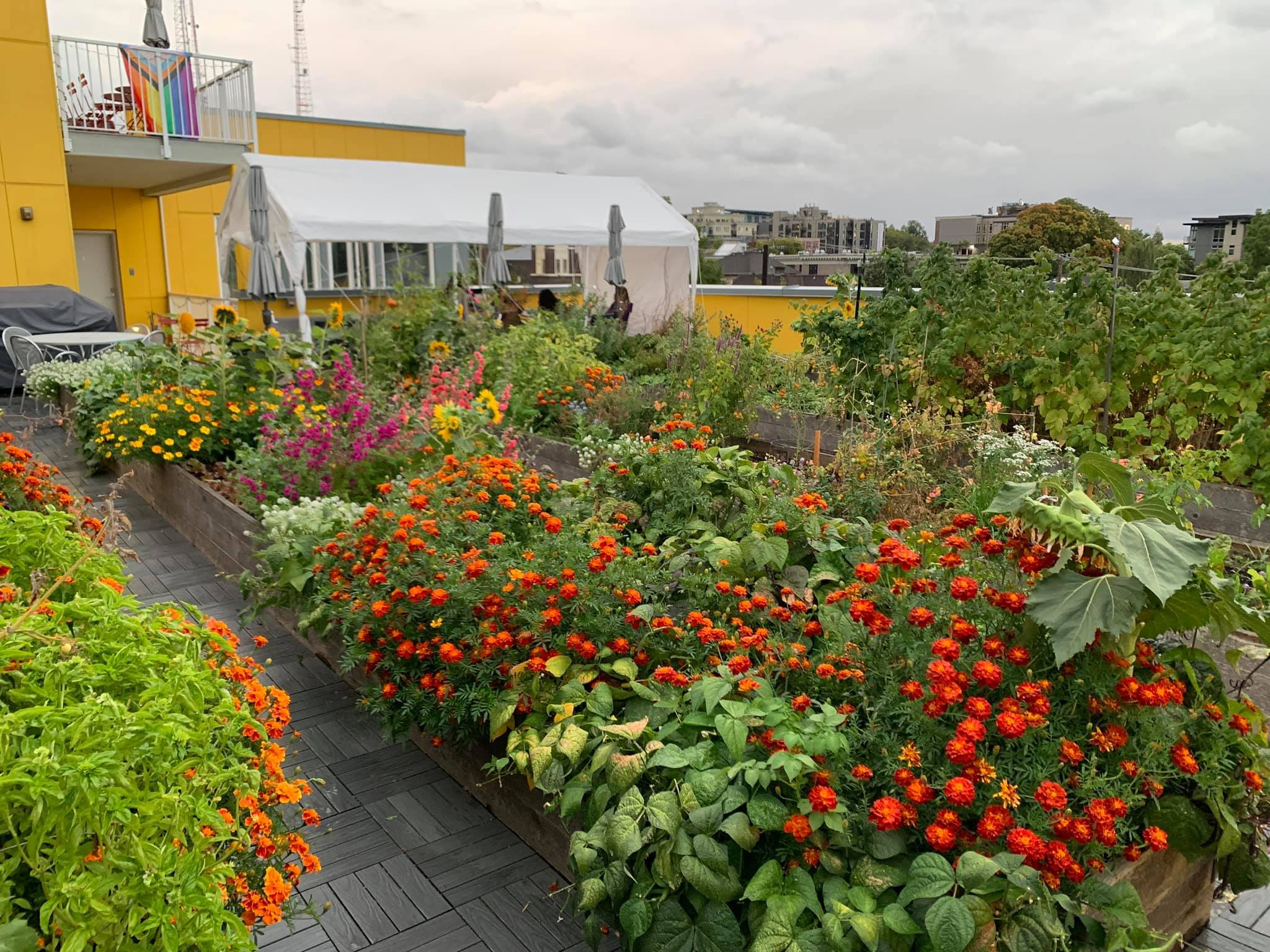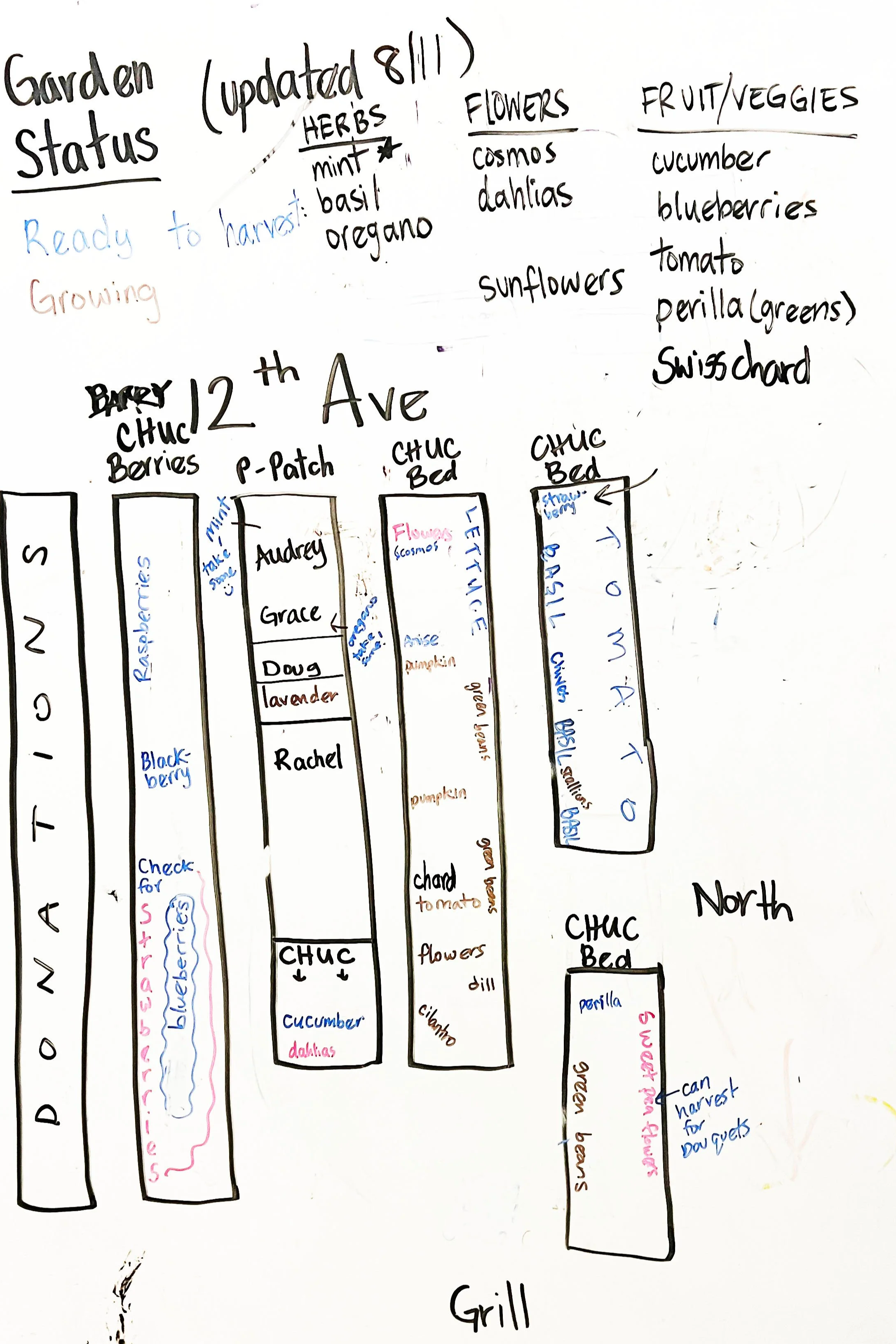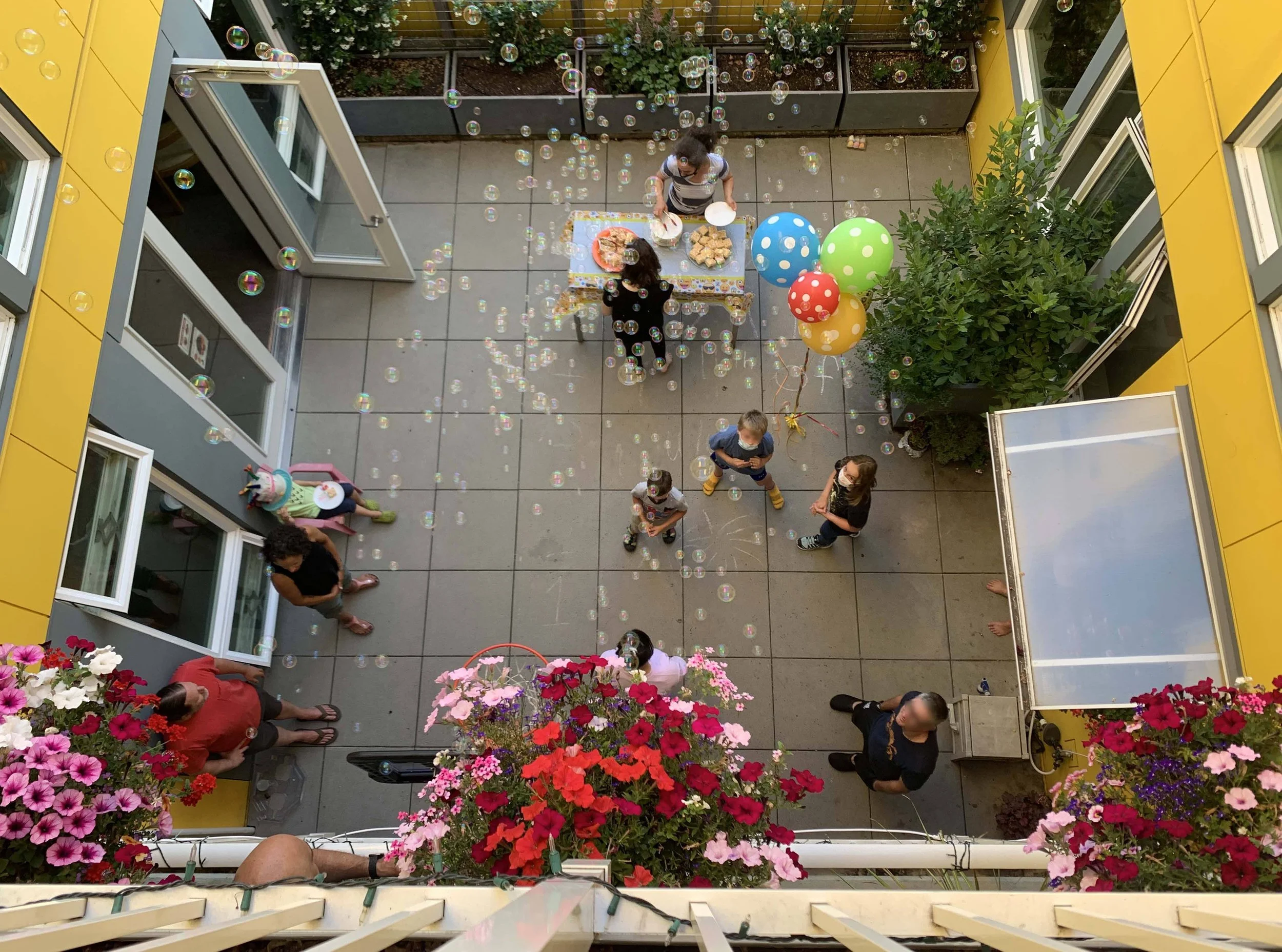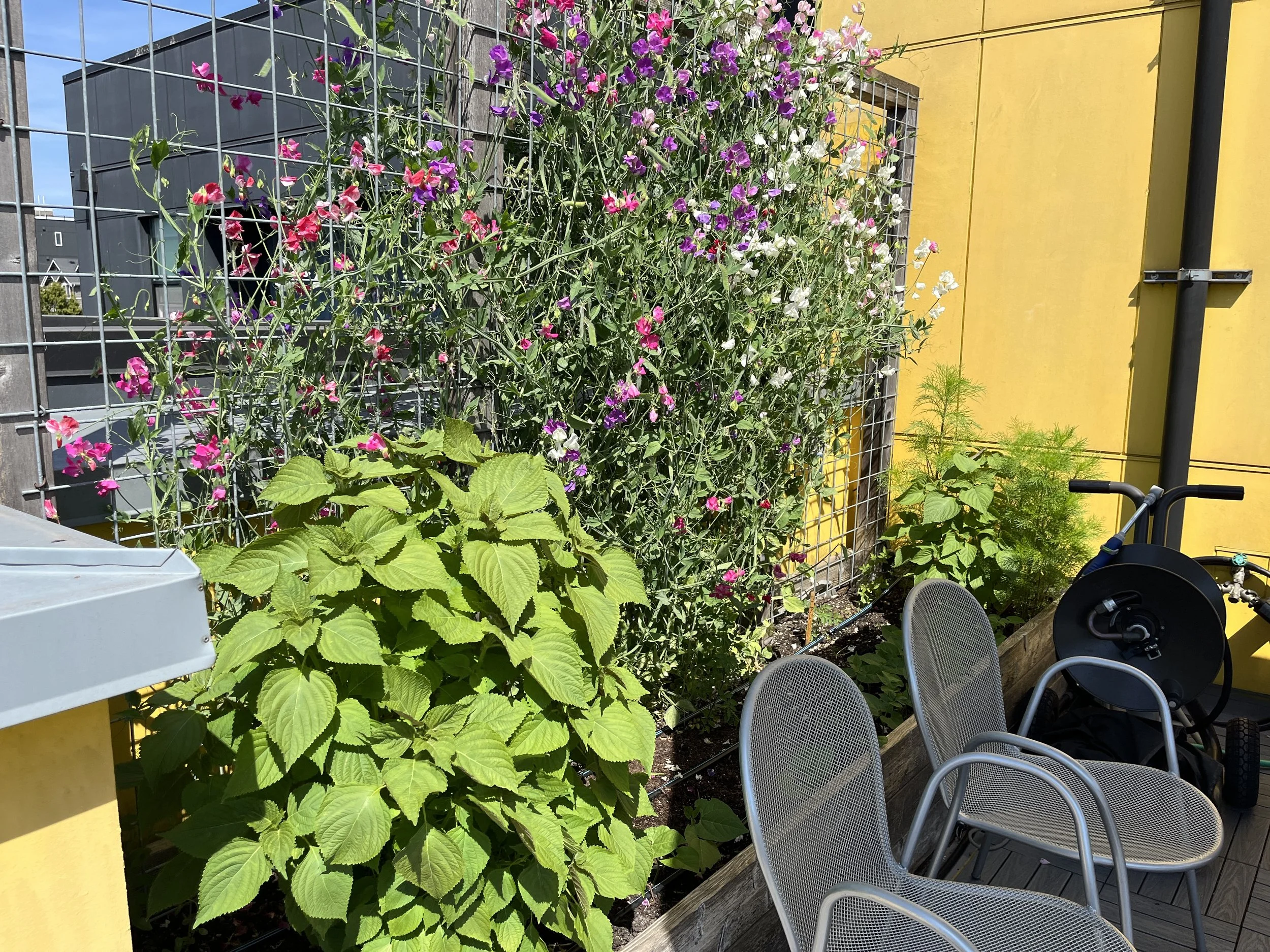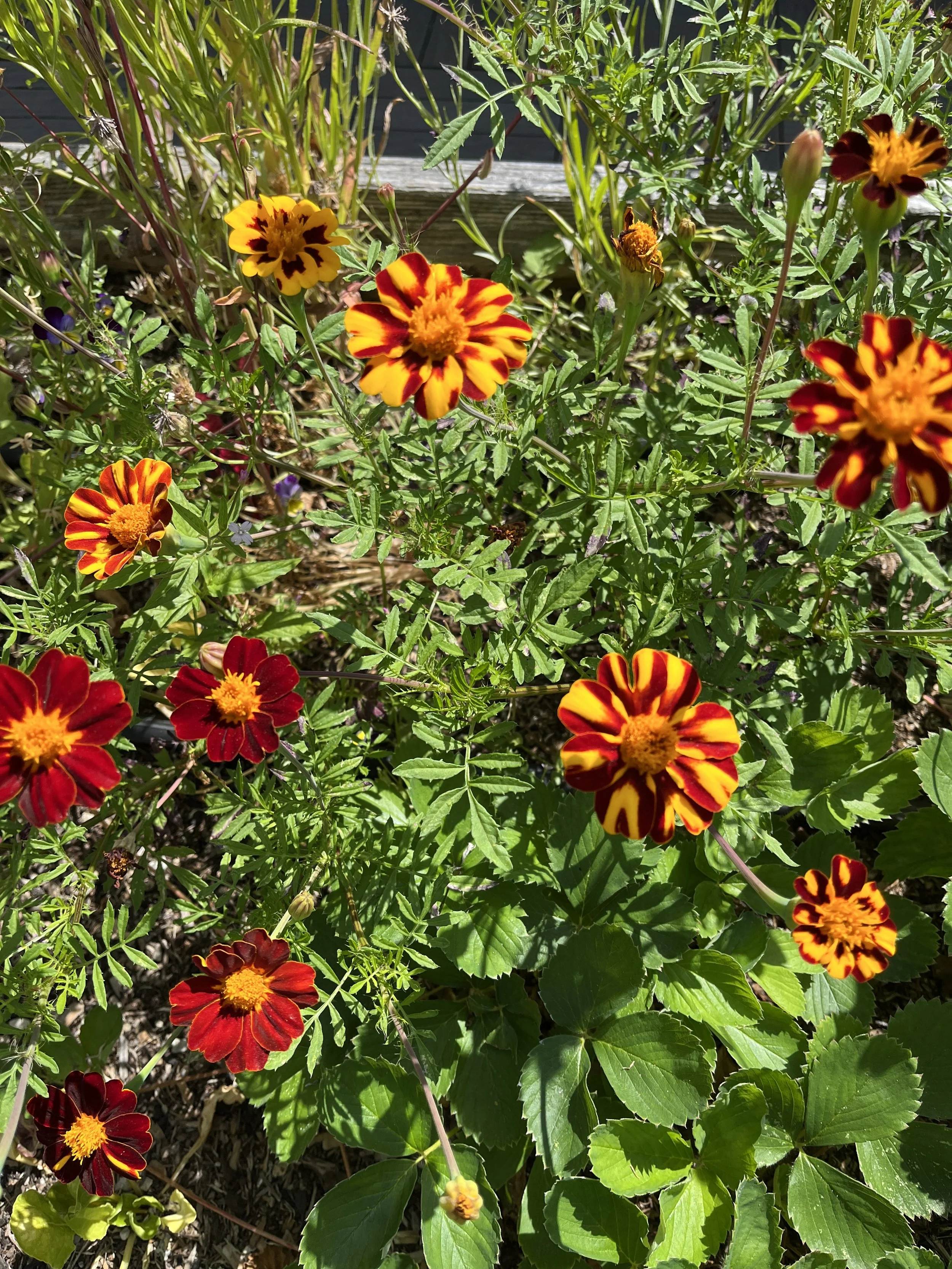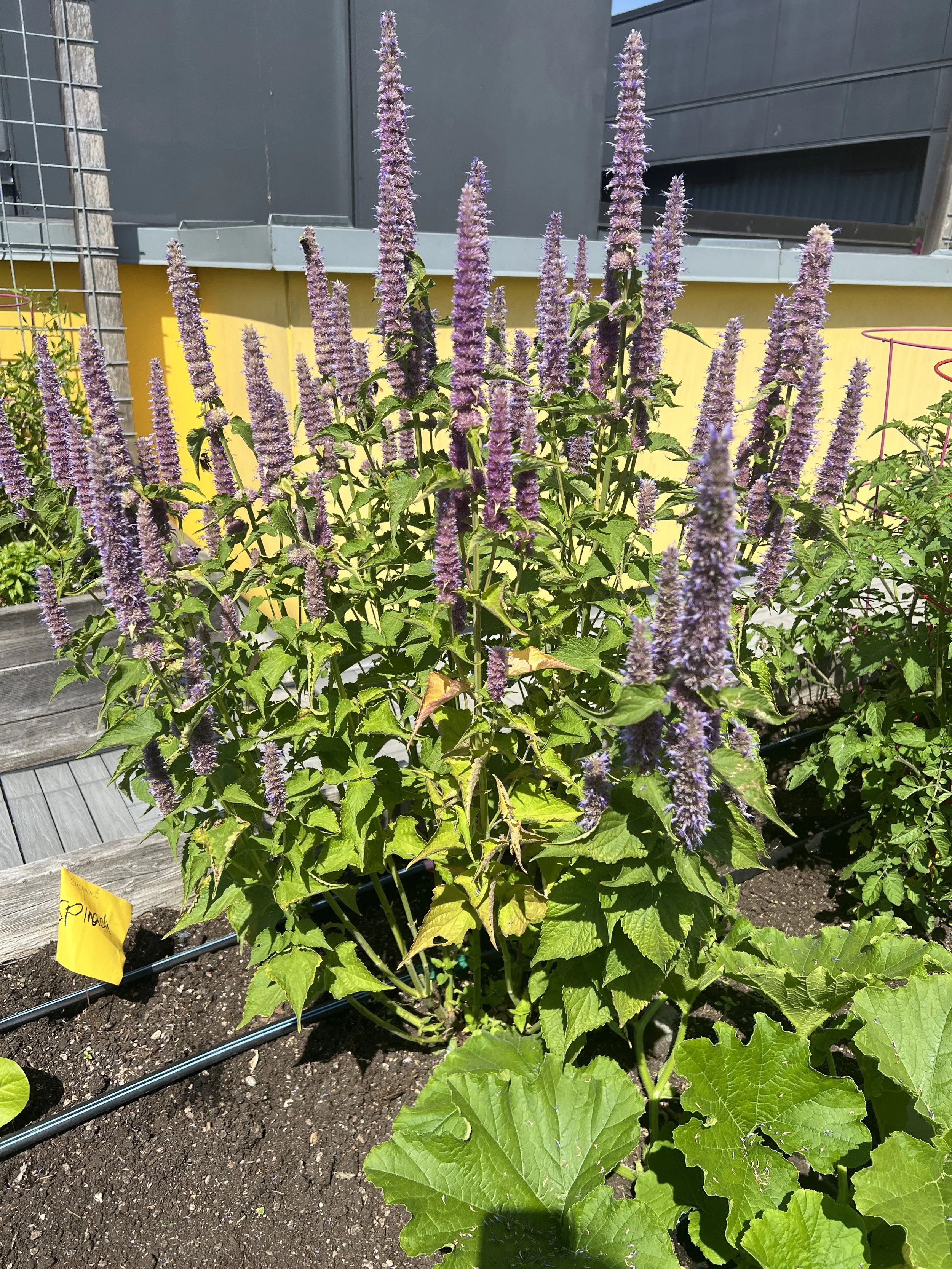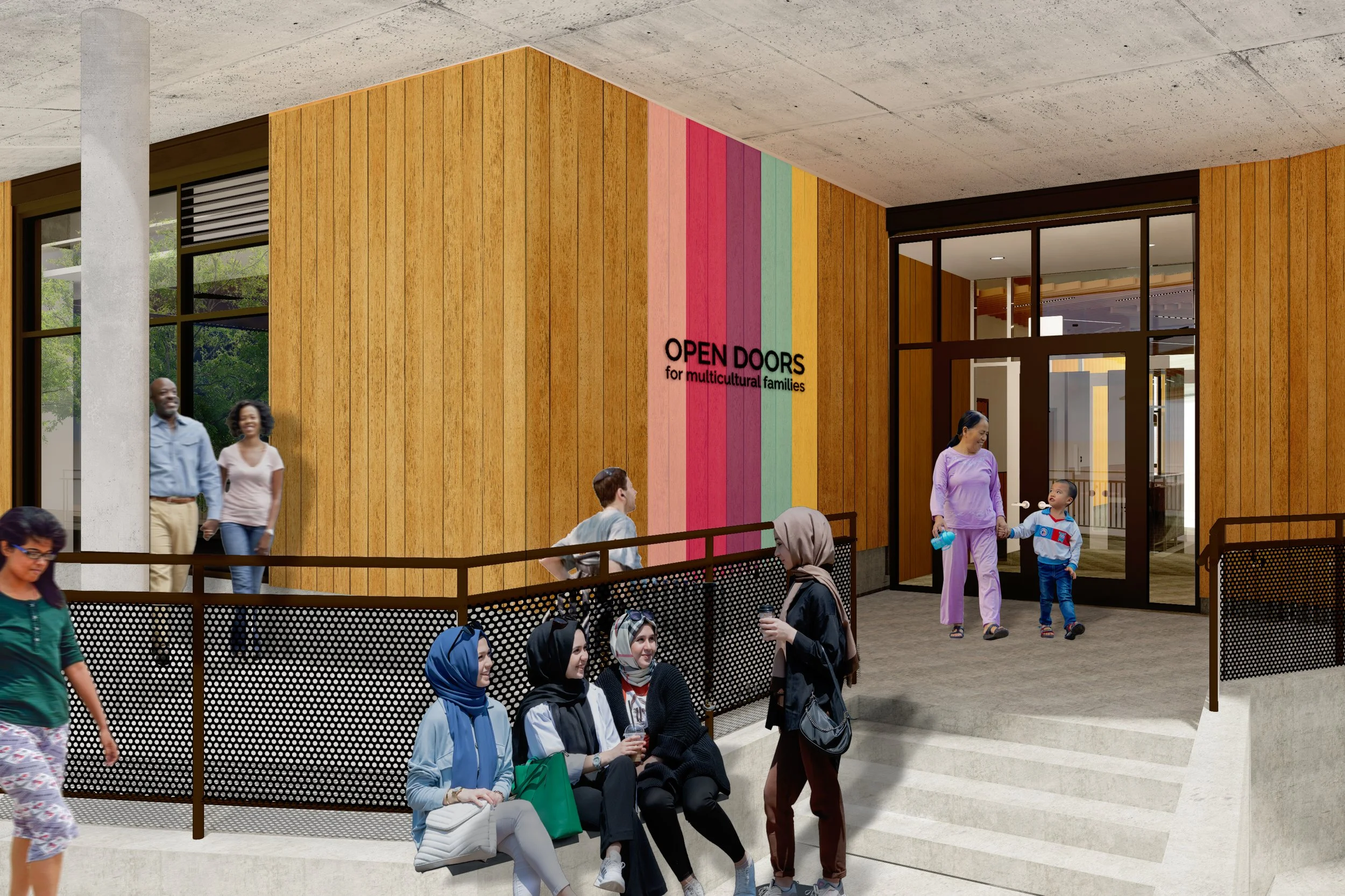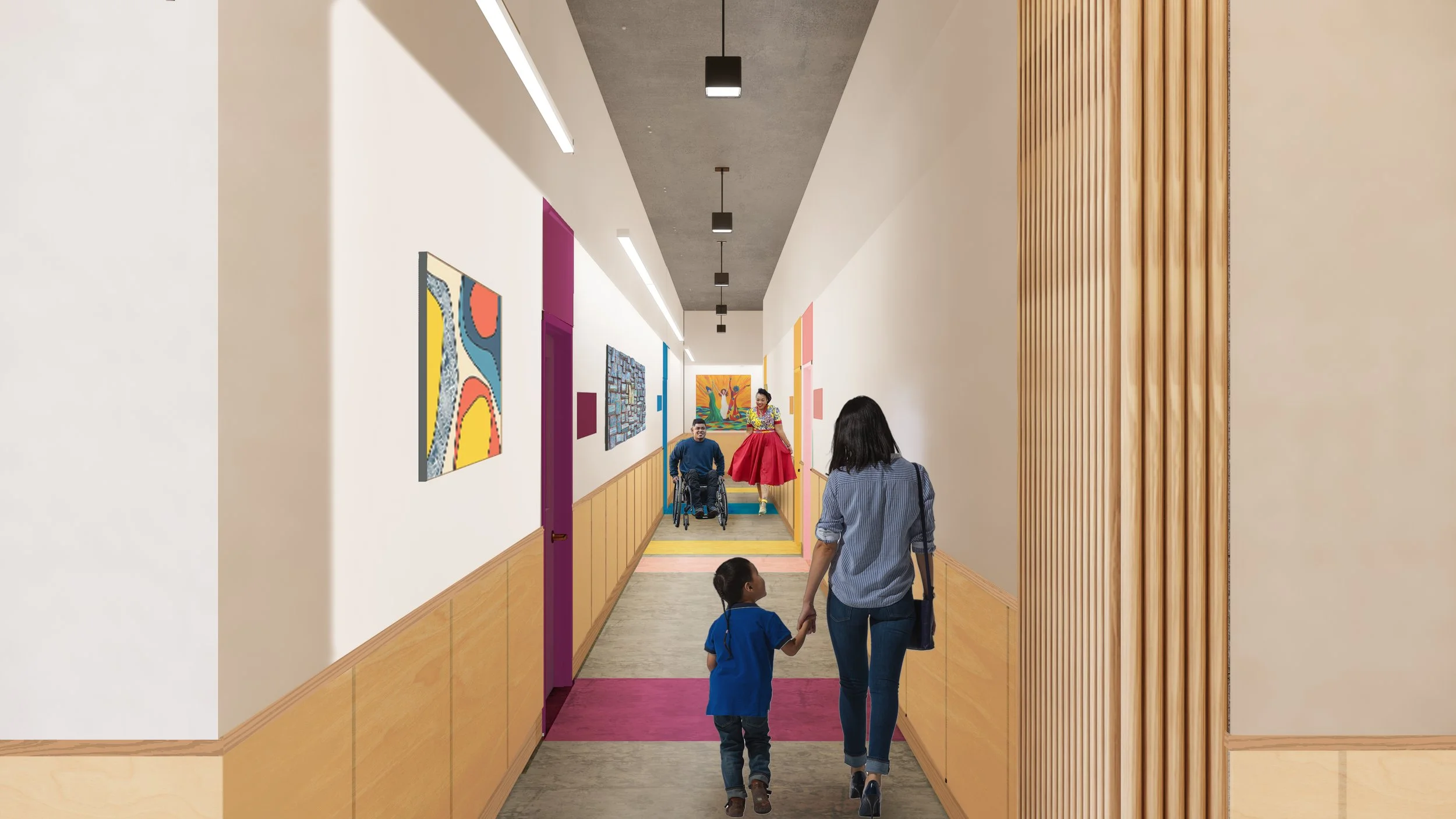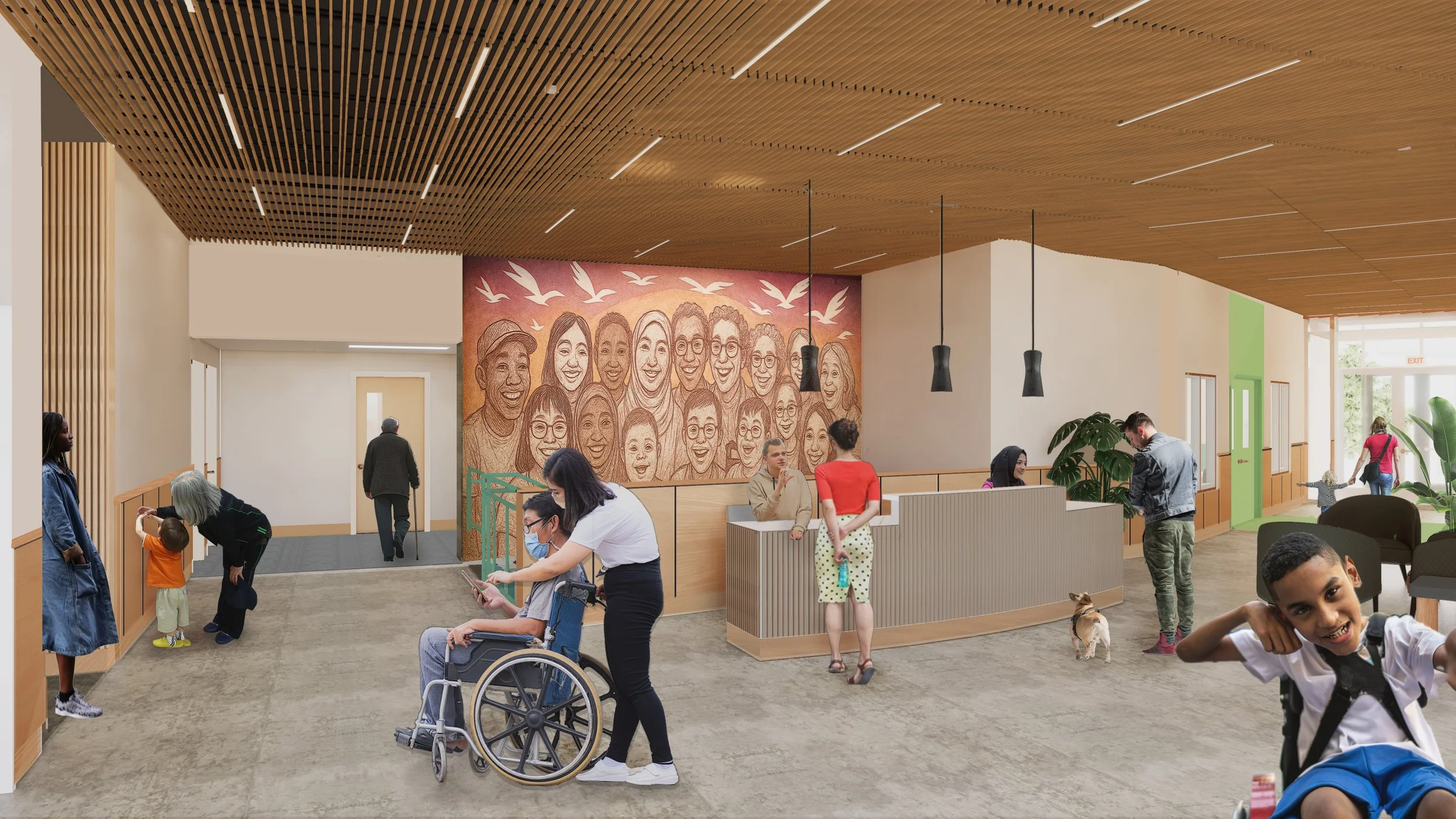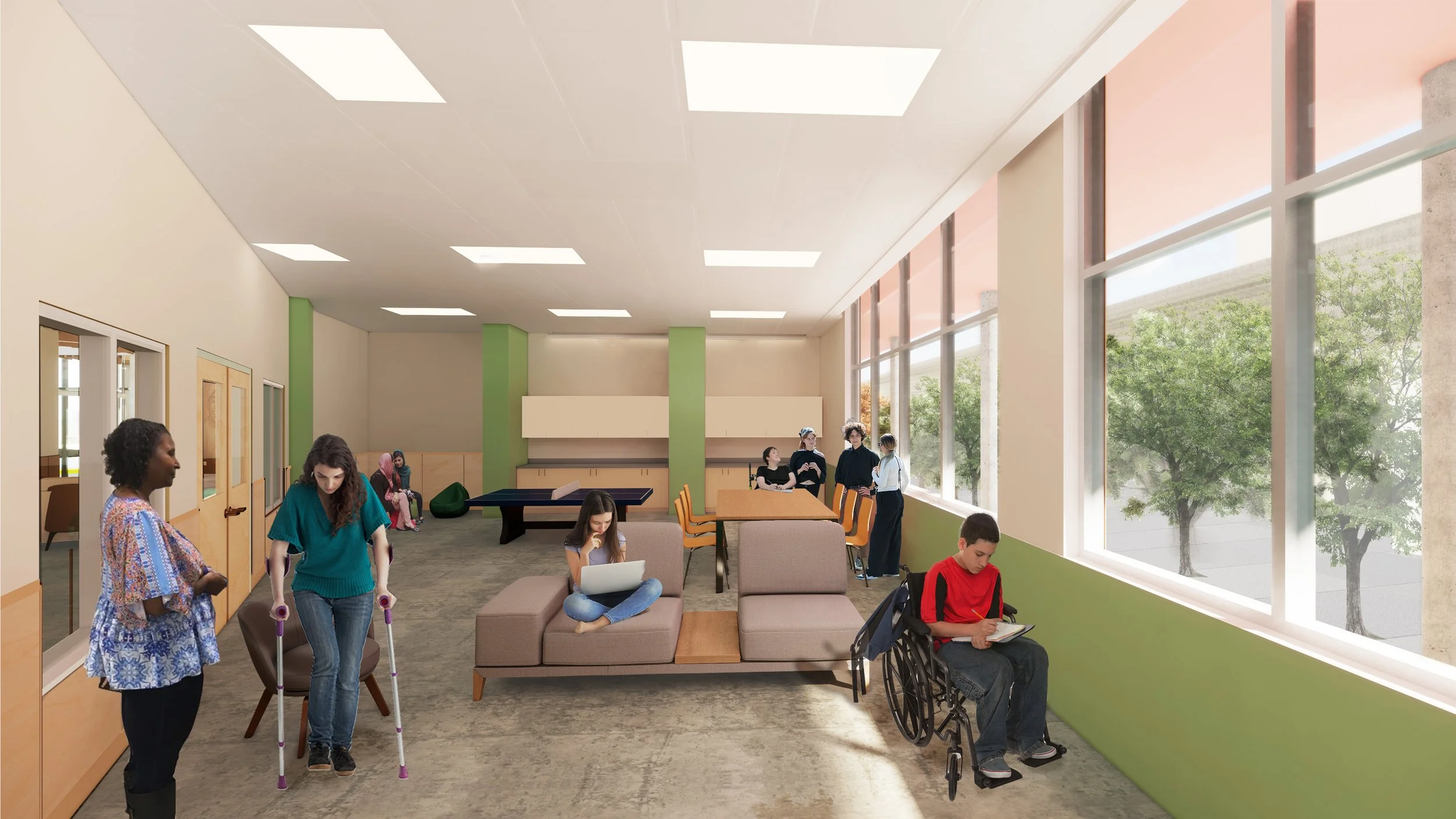Schemata Workshop and many of its staff members have been actively engaged in initiatives and advocacy efforts to promote the adoption of modular and prefabricated construction in the Pacific Northwest. This work involves participation in the Housing Development Consortium’s (HDC’s) Offsite Construction Task Force (OCTF), which focuses on advancing policy and practice to support the delivery of affordable housing through offsite construction methods.
This ongoing work served as the motivation for Geoff Anderson, principal at Schemata Workshop, to participate in MOD X Scotland this past November. The goal was to gain a deeper understanding of how Scotland’s prefabrication industry is evolving and to identify lessons that could be applied in our own region.
MOD X is leading a national effort known as the HUD Breakthrough Regional Pilots Project. The initiative is designed to help regions across the country harness the potential of offsite construction to address housing supply shortages, accelerate delivery timelines, and strengthen community resilience. A key objective of the Scotland trip was to learn how similar goals are being pursued in Scotland, and how they might translate to the Pacific Northwest.
Geoff joined 22 other participants, primarily from the U.S., representing a broad cross-section of the industry, including educators, builders, general contractors, housing developers, manufacturers, and architects. Over four full days, the group participated in tours, educational sessions, and peer-to-peer knowledge sharing.
Alexander Timber Design
Touring Scotland’s Prefabrication Ecosystem
The itinerary included visits to five prefabrication manufacturing facilities and a master-planned housing development, as well as tours of the BE-ST Innovation Center and the Trimble Technology Lab. The group also attended BE-ST Fest, a summit focused on building technology, sustainability, and innovation.
Through these visits, we gained insight into the history and current state of manufactured housing in Scotland. Primarily, the manufacturing we observed focused on panelized construction, although there is ongoing research into modular construction using cross-laminated timber (CLT) at the innovation center. Much like the Pacific Northwest, Scotland relies heavily on timber as a primary building material for housing.
The factories we toured were former lumber yards that invested in infrastructure and technology to transition into manufacturing plants. Furthermore, some of these factories have formed strong partnerships and have even been acquired by home builders, resulting in a vertically integrated industry that spans raw material sourcing, fabrication, and final home delivery.
CCG Plant
Manufacturing Approaches and Innovation
We saw a wide range of manufacturing approaches, ranging from manual fabrication by small teams to nearly fully automated operations resembling high-tech automotive plants. We also explored the differences between open-panel and closed-panel construction methods. Open panels typically consist of framing and one side of sheathing, requiring that the insulation, building systems, and finishes still must be completed onsite. Closed panels, by contrast, arrive with much of the assembly already complete. With a closed panel, there are some unique details required to finish and install things like plumbing and electrical onsite, as well as for securing the panels in place. From what we heard, there is a desire to move more towards closed panels, since it is seen as a more environmentally sustainable approach.
Winchburgh Master Plan
Key Takeaways for the Pacific Northwest
One of the most significant takeaways from the MOD X Scotland experience is the role that coordinated support plays in the success of the offsite construction industry. In Scotland, government agencies and universities have made sustained commitments to research, testing, and knowledge sharing. This support has helped foster innovation and has led to the creation of resources such as the BE-ST Innovation Center and the Trimble Technology Lab.
At the same time, home builders in Scotland appear to have embraced manufacturing as part of their housing delivery model, creating a reliable pipeline that supports industry growth. Conversations with manufacturers made it clear that both technology and construction methods are evolving rapidly, driven by ongoing investment and collaboration.
Many of these lessons feel directly transferable to the Pacific Northwest. As our region works to address the housing affordability crisis, the insights gained from Scotland reinforce the importance of collaboration, innovation, and long-term commitment. We look forward to continuing to support HDC’s Offsite Construction Task Force and contributing to the goals of the HUD Breakthrough Regional Pilots Project as this work moves forward.
Mike Mariano, cofounder and principal at Schemata Workshop, is currently at MOD X Boston as a follow-up to Schemata Workshop’s commitment to off-site construction. Come back soon to hear about his reflections.
